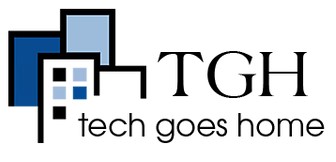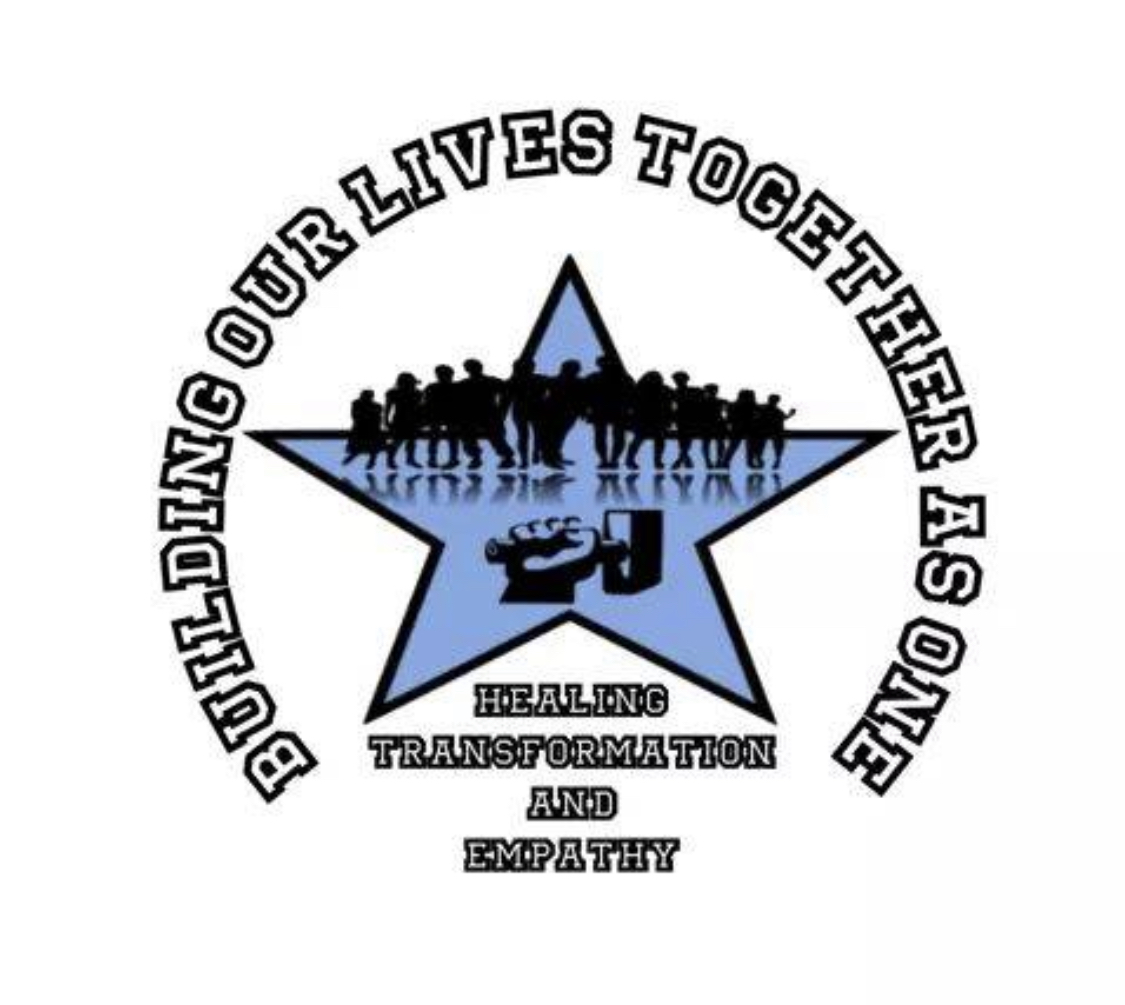The Importance of Technology Justice

This past year of change has forced many of us to become reliant on technology for connection. We learn, work, talk, laugh, collaborate (and maybe even binge watch) through our screens. This transition has tested us all in different ways, and technology access is often taken for granted in our rush to adapt. We may not even realize our reliance on technology until the Internet abruptly cuts out in the middle of a Zoom call or a laptop takes a tumble off the kitchen counter. Technology Justice is a fairly new concept, but its importance has never been highlighted more than now. One of the many important aspects of Technology Justice is ensuring that everyone has the ability to access technology that can assist them in leading a life they value.
As Vital Village Networks planned for its first-ever virtual National Community Leadership Summit in October, we realized that although virtual events can offer more opportunities for engagement, they can also be restrictive. Some participants may need to share devices, don’t have reliable internet, or are uncomfortable with navigating a virtual platform. With this in mind, we looked to our local community to learn how other organizations were addressing these technology challenges.
One local organization making a difference in the realm of technology justice is Tech Goes Home (TGH). Their long-term goal is to make Greater Boston the first metropolitan area in the country where technology and the opportunity it provides are accessible to all. The TGH Community Program partners with social service organizations to deliver a course focused on fundamental digital skills for adults. Vital Village Networks was fortunate to have the opportunity to partner with TGH and provide free Chromebooks and a year of Comcast Internet Essentials to ten of our National Community Leadership Summit attendees. These ten technology learners attended 15 hours of training with a curriculum developed by Vital Village Networks staff.
The training was created to reflect the interests and needs of the technology learners, all who had varying levels of confidence navigating their devices. The main focus was on Google Suite products since these tools are compatible and integrated into the Chromebooks. The training also covered helpful tools like Canva for easy graphic design work, Evernote for organization, and tips and tricks for making the most of Chromebook and its shortcuts. One requirement of the TGH program was to end the training with a capstone project. The technology learners were encouraged to create something using one of the applications they learned during the training. This opened the door to the creation of unique and useful projects of every variety. Two learners created beautiful websites for their small businesses using Google Sites. Others developed Google Slides presentations for research projects, work presentations, and Youtube channel creation. Some learners got creative with Canva to make eye-catching flyers and even a storyboard for a play.
It was inspiring to witness the progress of all of the technology learners and feel the sense of engagement and community throughout the course. Advice, support, laughter, and contact info were shared as tech learners came to know each other as determined community and social advocates. It was incredible to see new and unexpected connections being made through a virtual meeting room. In addition to the final projects, the tech learners shared feedback about how they would use their device and technology skills in the future. Several learners mentioned feeling more confident about supporting their children with online schooling, developing business and work projects, completing grad school applications, and pursuing future artistic endeavors.
Technology becomes a powerful tool when used by motivated and talented members of the community like the ten technology learners in this year’s first Vital Village/TGH cohort. Technology training and accessibility to reliable devices and the internet is vital in this day and age, and we are excited to continue to work with community members and organizations that value the necessity of technology justice and equity.
Tech Goes Home Final Project Highlight: One of our Technology Learners, Lakesha Allen, created a beautiful website for her non-profit, Building Our Lives Together As One. Her organization is dedicated to inspiring community members to feel empowered, educated and motivated to actively pursue community betterment. View the website here!


